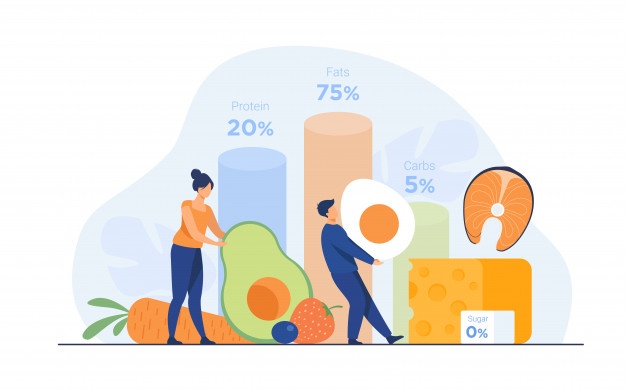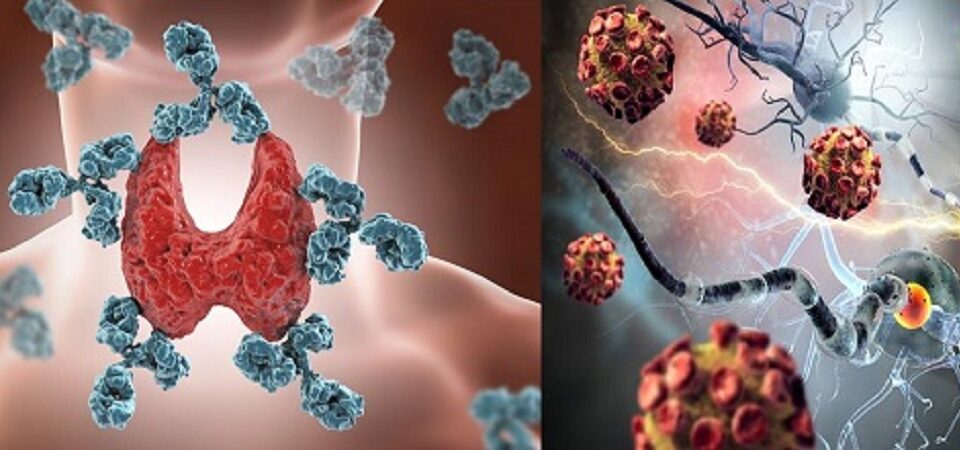
COVID-19 IN CHILDREN: HYPERINFLAMMATORY SYNDROME
May 18, 2020
Dental Pain
May 30, 2020Vitamin D is a fat soluble vitamin also called “SUNSHINE VITAMIN” is required by our body as it regulates many vital functions and metabolic processes [biochemical reactions occurring in our body].
It is naturally present in very few foods [fatty fish, fish liver oil, beef liver, cheese, egg yolk etc.] ,added to others, available as dietary supplements.

As ultra violet rays from sun strike our skin they trigger vitamin D synthesis [from cholesterol].
Vitamin D obtain from food and sun exposure is biologically inert [inactive].
Its activation occur by hydroxylation [ adding of OH] first in liver than in kidney . And we get the physiologically active form 1,25 hydroxy Vitamin D [1, 25 [OH]2 D] known as Calcitriol.

ROLE OF VITAMIN D IN MAINTAINING HEALTHY BONES.
Vitamin D regulates the absorption of calcium and phosphate in gut and maintains adequate serum calcium and phosphate concentrations.
Thus enable normal mineralization of bones.
It is needed for bone growth and bone remodeling as it regulates the activity of osteoblasts
[bone forming cells]
and osteoclasts [bone eating cells].
It prevents rickets [characterized by soft bones and skeletal deformities in children.]
Osteomalacia in adults, Osteoporosis in older individuals.
ROLE OF VITAMIN D IN CELL GROWTH AND IMMUNITY
Studies show that many different kinds of our cells express receptors for Vitamin D [i.e. they need vitamin D to function].
Evidence shows that vitamin D is involved in modulation of cell growth as well as immune function.
Many genes encoding protein that regulate cell proliferation [cell division], differentiation, apoptosis [programmed cell death] are modulated by vitamin D.
Numerous cell type of immune system also expresses receptor for vitamin D so it can boost your immune system.
Thus can play a role in reducing inflammation.
VITAMIN D AND DIABETES
Type 1 diabetes [T1D] and Type 2 diabetes [ T2D] are considered multifactorial disease in which both genetic predisposition and environmental factors participate in their development.
Experimental evidence indicates that vitamin D may play a role in defense against T1D and T2D.
Pancreatic tissue [more specifically the insulin producing beta cells ] as well as numerous cell type of immune system express vitamin D receptor [VDR] and vitamin D binding protein.
Studies suggest that some allelic variations in genes involved in vitamin D metabolism and VDR [vitamin D receptor] are associated with glucose intolerance, insulin secretion as well as inflammation.
Early and long term vitamin D supplementation may decrease the risk of these disorders.
Researchers also suggest that fifteen minutes of sun exposure per day can help you get sufficient vitamin D. Black skin may require six times the sun exposure to make the same vitamin D levels as a very fair skinned person. And the best time of sun exposure is noon.






